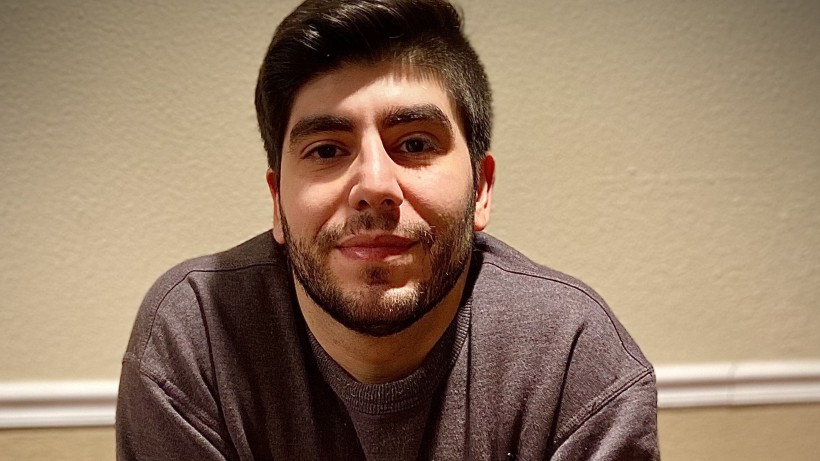Couryah, the Halifax-based food delivery service, has launched a trio of apps to replace its web platform and accommodate more users on the back of pandemic-era growth.
Couryah differs from other delivery industry players like Uber Eats and Instacart because it allows users to order from both restaurants and grocery stores on the same platform, as well as offering lower fees, the company said.
The new apps include one for users, one for couriers and one for merchants.
“Our strategy is to not only have those big grocery chains on our platform, but as well, small specialty, international, ethnic — those types of small- to medium-sized grocery stores that don't really have an online presence,” said Chief Marketing Officer Basel Halaseh in an interview.
“We focus on empowering merchants, digitizing their storefronts and bringing them more customers by being on our platform.”
Couryah was founded in 2019 by brothers Mohamed and Omar Soliman, who are now CEO and COO, respectively. Halaseh joined as a partner shortly afterwards, having previously been a digital marketing manager at another Nova Scotia startup, Outcast Foods.
He said the company has so far funded its operations with a round of seed capital raised from friends and family members, although a venture capital round could be on the horizon.
“This is a cash-intensive business in order to expand,” he said. “So we definitely will be looking at raising capital sometime soon.”
Couryah’s early growth was also eased by a social distancing-related spike in its user base that Halaseh expects to keep paying dividends even as governments move away from public health restrictions.
“We had a bit of an increase in sales leading up to the pandemic, and then it hit and we sort of exploded,” he said. “At the time, InstaCart (a grocery delivery app) was backed up two to three days and we were offering same day delivery.
“We anticipate the online grocery shopping market will continue to grow. A lot of people did it just for COVID, but a lot of people … realized that they don't really have to go into a grocery store ever again.”
A key front on which Couryah aims to compete with established players in its vertical is price. Halaseh said the company’s fee structure is designed to be simpler and cheaper than Uber Eats or DoorDash, with flat delivery fees of no more than $3.99 for customers in Halifax or Clayton Park. Unlike many other delivery apps, Couryah’s fees also do not increase relative to the price of an order.
And on the grocery store side of the business, Couryah replicates in-store flyer discounts for its customers, which Halaseh said creates over 1,000 discounts for customers every week.
So far, Couryah is only active in Halifax and the surrounding area, but is planning an expansion into other parts of Atlantic Canada next year, followed by urban centres elsewhere in the country in two or three years.
The launch of the apps is a step in that direction, he said, because the previous, browser-based interface could only accommodate a limited number of users.
Couryah’s current team of between five and 10 people, not counting delivery drivers, will focus on urban centres because food delivery services require localized network effects to scale. Halaseh and his partners are also planning to hire more people soon.










